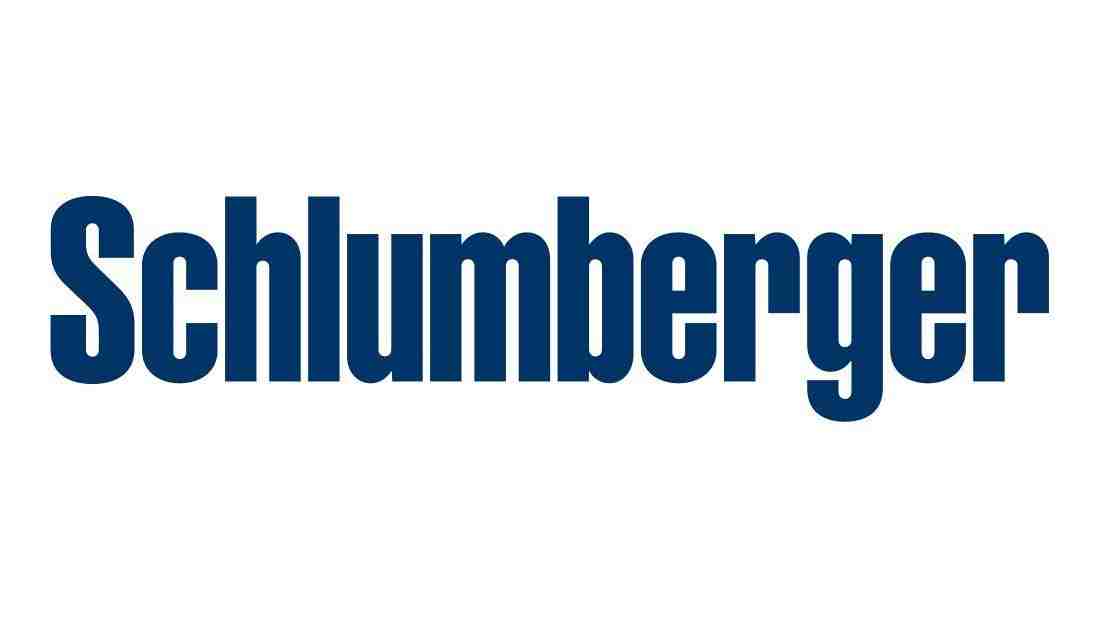Rising industrial 4.0 revolutions by implementing advanced technology robotic process automation technology

Robotic process automation (RPA) is a software technology which is used to build, deploy, and manage software robots by emulating the human’s actions interacting with digital systems and software. Software robots can perform several tasks such as complete the right keystrokes, understand what’s on a screen, identify and extract data, navigate systems, and perform a wide range of defined actions. In the RPA, software robots can learn, mimic, and then execute rules-based business processes and can do task faster and more consistently than people without the need for any assistance. RPA automation observes the human digital actions stores the data and enables users to create bots.
Robotic Process Automation software bots can interact with any system or any application in a same way people do with advantage of these bots can operate nonstop around the clock, much faster and with 100% reliability and precision. Rising industrial 4.0 developments and adoption of the new technology based softwares to optimize the manufacturing operations is expected to witness potential demand for the robotic process automation (RPA) around the globe. For instance, Jan, 2020, Karre Elektronik teamed up with Aegis Software to implement its IIoT-driven MES software for delivering the cost-effective and highest possible quality of manufacturing performance.
Rising efficiency with the help of the robotic process automation around the globe with growing industry 4.0 revolutions is expected to witness huge opportunity for this RPA market. For instance, according to survey by the Information Services Group by the year 2019, in United States, around 72% of the companies were relied on robotic process automation (RPA) for enhancing the operational efficiency, productivity and increase compliance.
Manufacturing companies are adopting RPA technology to replace traditional production process to transform business processes. For instance, in March 2021, Addverb Technologies one of India’s biggest Automation and Robotics company have been inaugurated Robotic process automation manufacturing facility 'Bot-Valley' in Noida, India. Addverb Technologies has invested more than US $ 10.06 million manufacturing facility in Noida.
RPA will become the new enterprise resource planning (ERP) for scaling up the enterprises and businesses
Rising adoption of the RPA in the enterprises for optimizing the business processes with surge in investment in the technology for targeting processes connected to ERP systems is expected to strengthen in coming years. RPA software has automated roughly 40% of the business processes in the developed countries such as United States, Germany, Canada etc. by the robotized processes which can interact with the ERP system. It also helps organizations to move forward with their agility and digitalize efforts while contending with the legacy elements in the ERP. Modernizing the processes in the ERP systems with the use of the RPA is gaining potential demand across the globe for manufacturing process optimizations as well as carrying out supply chain analysis smoothly. For instance, recently in Dec, 2020, SAP launched modernised updated version Intelligent RPA 2.0. that offers bot-building capabilities for every customers which enables non-technical business processes to create customizable automations. Hence, it enables to leverage small and medium scale vendors to customize the operations by extending the automation capabilities.
Enhancing the healthcare services by automating the workflow during the Covid-19 pandemic
RPA in healthcare is an immense opportunity for easily storing, collecting, and optimizing the large volume of data for future analysis. During the Covid-19 pandemic, healthcare providers have been faced huge problems due to rapidly increasing infection cases around the globe. For instance, according to the Worldometer Information as of April, 2021, globally an estimated 149 Millions of people diagnosed with Covid-19 infection registering 3.14 Millions of deaths. It created huge burden on the healthcare providers and essential pharmaceutical manufacturers to combat the crisis globally. Several leading pharmaceutical and healthcare companies have enhanced the production capabilities with the help of the RPA to meet the current demand of essential pharmaceutical drugs, equipments and medical devices.
For instance, in Nov, 2020, GE Healthcare launched slate of new intelligently efficient solutions with AI and RPA tools to help clinicians solve current problem of pandemic which helps to deliver high quality care for managing greater capacity and workflow issues. GE Healthcare also launched new breakthrough imaging innovations that help to shape the future of healthcare during the pandemic. Also, since, 2016, GE have been implementing robotic process automation across its business units. As of, 2020, the company has more than 300 RPA automations in production, to optimize, maintaining its operations using those bots. These bot to optimize efficiency and boost productivity as well as can handles critical workflows easily.
Further, in healthcare, RPA processes facilitate several tasks such as case and utilization management, help healthcare providers save costs, managing and coordinating healthcare, remote monitoring, and population wellness can be streamlined. Hence, the demand for the RPA in healthcare has been increased astoundingly around the globe with surge in adoption of leading healthcare and pharmaceutical companies across the globe.
Increasing adoption of the digital platform with surge in implementation of RPA for automating away service line inefficiency
RPA helps to attain new levels of efficiency and to provide quick return on investments for the businesses across the globe. As RPA can circulate, organise, and analyse the data which creates ample opportunities to scale up the efficiency and business processes. In the information and technological companies, RPA plays vital role for optimizing the business operations, generate leads and sale through RPA assisted robots and hence it ultimately provides quick return on investment. Also, several leading RPA service provides are launching new digital platform RPA bots for IT and information & communications technology companies across the globe. For instance, in October, 2019, Automation Anywhere has launched AI-Powered RPA-as-a-Service Platform for accelerating the global RPA adoption due to increasing digital platform company’s demand across the globe.
Rising adoption of the RPA for optimizing the business processes across the globe which is to strengthen the revenues of the companies. Several activities such as procurement, sale, purchase, supply chain managements etc. in the businesses are using the RPA for accurate and optimize the operations. For instance, in the developed continents such as North America, Europe, more than 2,500 invoices are being processed entirely with robots and over 50% of invoice processing has been automatic with the help of the optimize use of the RPA technology.
Industries
Our Clients






